
The Ministry of Home Affairs is seeking opinions on the draft Law on Civil Servants (amended), expected to be submitted to the National Assembly at the 10th session, taking place next October.
The draft Law on Civil Servants (amended) consists of 6 chapters and 42 articles (20 articles less than the current Law), inheriting and adjusting the contents of the Law on Civil Servants 2010 (amended and supplemented in 2019) to suit the new context.
One of the notable points is that the Ministry of Home Affairs proposed to continue to promote civil servant management and pay salaries according to job positions linked to results and output products.
Recruitment, placement, evaluation and use of civil servants will be based on job position requirements and capacity and performance, aiming to eliminate the regulation of salary classification linked to consideration of promotion of professional titles.
The draft also expands regulations on contracts and acceptance, aiming to facilitate the transition between the private and public sectors, on the principles of competition, publicity, transparency and equality.
Diversify recruitment methods
Regarding recruitment, in addition to traditional examinations and selection, the draft adds the form of direct contract signing for experts, scientists , and talented people suitable for the field of operation of public service units.
In addition, the draft Law (amended) stipulates recruitment methods for units providing essential public services. For public service units that do not provide essential public services, recruitment will be carried out in the direction of signing contracts.
In addition, the draft Law (amended) also stipulates specific conditions for registration in cases where Vietnamese citizens are living abroad or foreign citizens are living in Vietnam, in accordance with the decision of competent authorities; stipulates priority in selecting talented people, people with meritorious services to the country, and ethnic minorities; applies science and technology in the recruitment process; integrates with unified data on managing civil servants in each sector and field.
The probationary system is also adjusted. Candidates selected for civil service positions must complete the probationary period, except in cases where they have at least 12 months of professional experience relevant to the job position.
Expanding the rights of civil servants
The draft expands the rights of civil servants. In particular, civil servants are allowed to sign contracts to perform professional activities at public service units other than the public service unit where they are currently working.
Officials are allowed to contribute capital, establish, manage, operate, and work at enterprises established or participated in establishing by the public service unit for which they are working to commercialize research results, effectively exploit intellectual property, inventions, and digital technology created by that organization.
In addition, officials are assigned to work at scientific and technological organizations, universities, enterprises and other organizations for a certain period of time.
Officials are allowed to contribute capital, establish, participate in management, operation or participate in technology development at domestic and foreign enterprises.
In particular, civil servants are considered for exclusion, exemption, or reduction of responsibility in the following cases: complying with illegal decisions of superiors but having reported them; complying with regulations, not for personal gain but causing damage due to objective reasons; implementing innovative and creative proposals permitted by competent authorities and determined to have pure motives, for the common good; due to force majeure.
The evaluation of civil servants must be democratic, public, transparent, objective, continuous and multi-dimensional. The evaluation content will be quantified according to criteria related to the results and products of each position, the ability to innovate and adapt to reality.
The draft also emphasizes the application of digital technology in assessment, ensuring flexibility, and linking with salary, bonus and other policies.
The head of a public service unit has the authority to develop regulations, directly or decentralizedly evaluate, and decide to screen out civil servants who do not meet the requirements of the job position.
The specialized management ministry will issue a set of tools and a sample assessment regulation, as a basis for units to apply uniformly.
In addition to the above provisions, the draft adds the right of civil servants to unilaterally terminate contracts; regulations on the national database of civil servants serving management, meeting the requirements of e-Government and digital transformation.
According to the Ministry of Home Affairs, the revised and supplemented contents this time aim to modernize civil servant management in a dynamic, transparent and effective manner; ensure the right people are used for the right job, promoting capacity; at the same time, screen out cases that do not meet requirements, contributing to building a team of professional, responsible, ethical civil servants, serving well the socio-economic development and the needs of people and businesses.
PV (synthesis)Source: https://baohaiphong.vn/bo-noi-vu-de-xuat-bo-xep-luong-vien-chuc-theo-thang-hang-chuc-danh-nghe-nghiep-518354.html


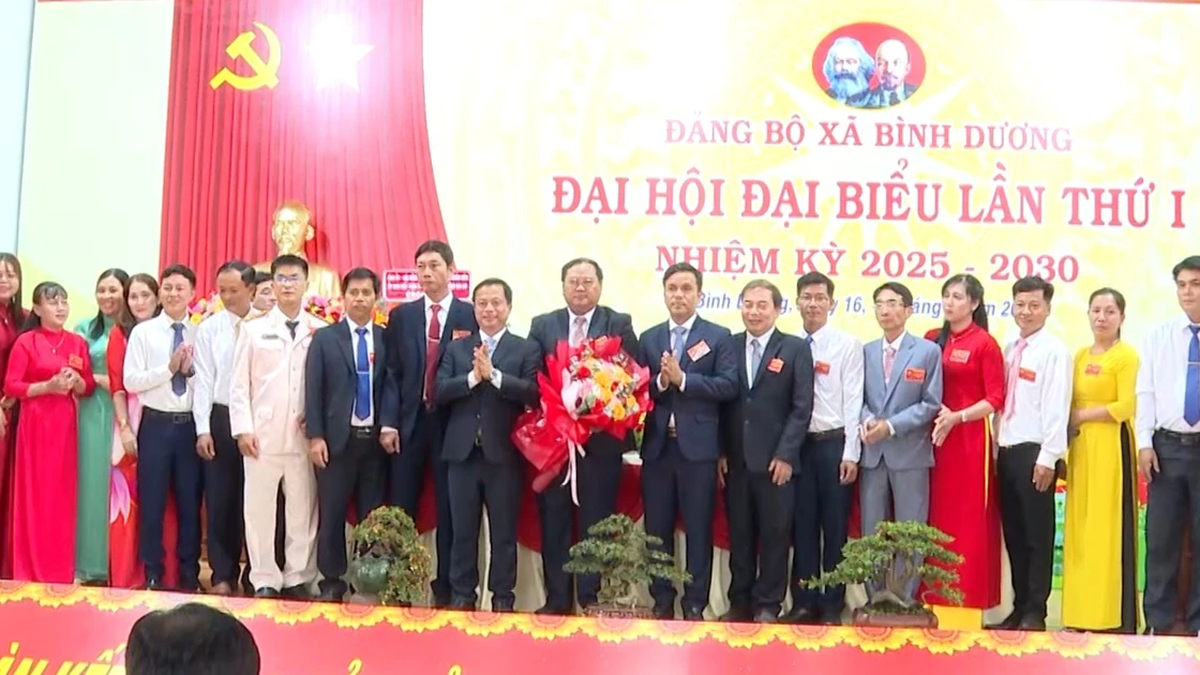
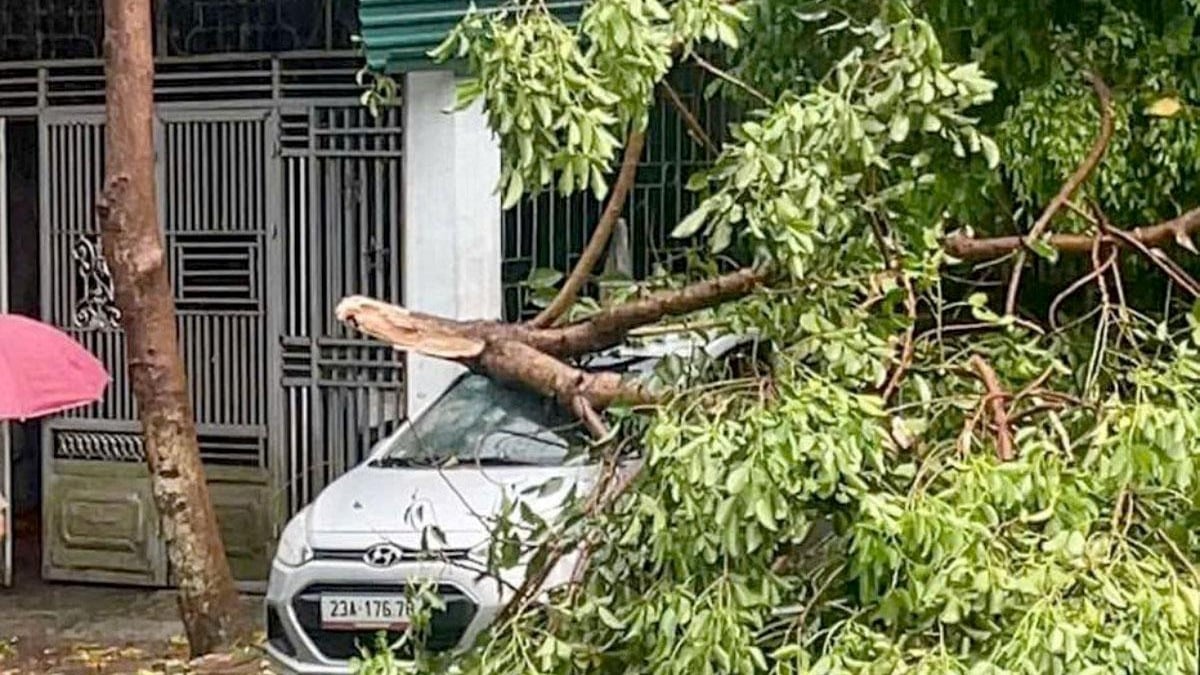
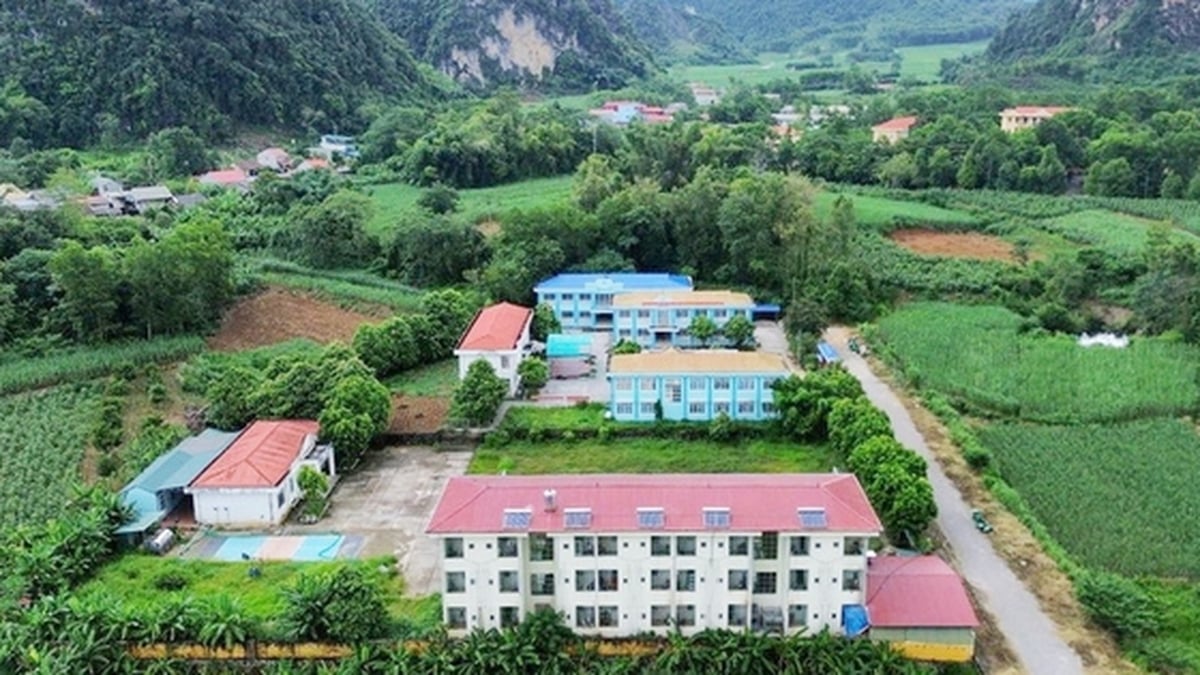

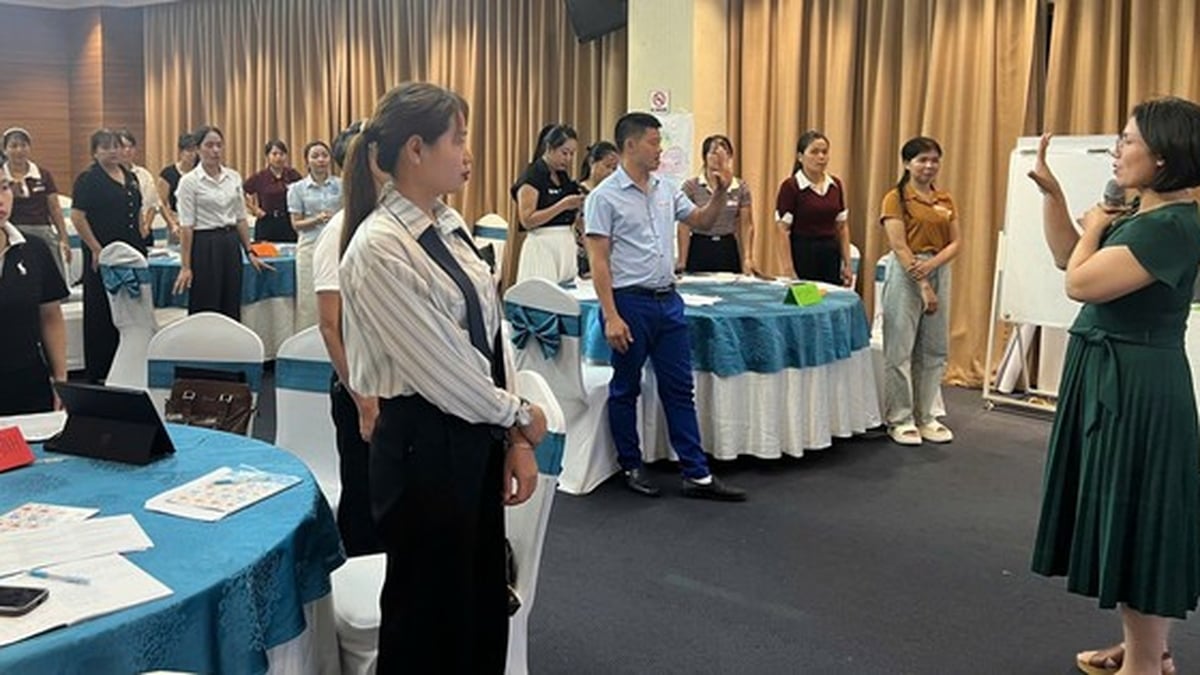
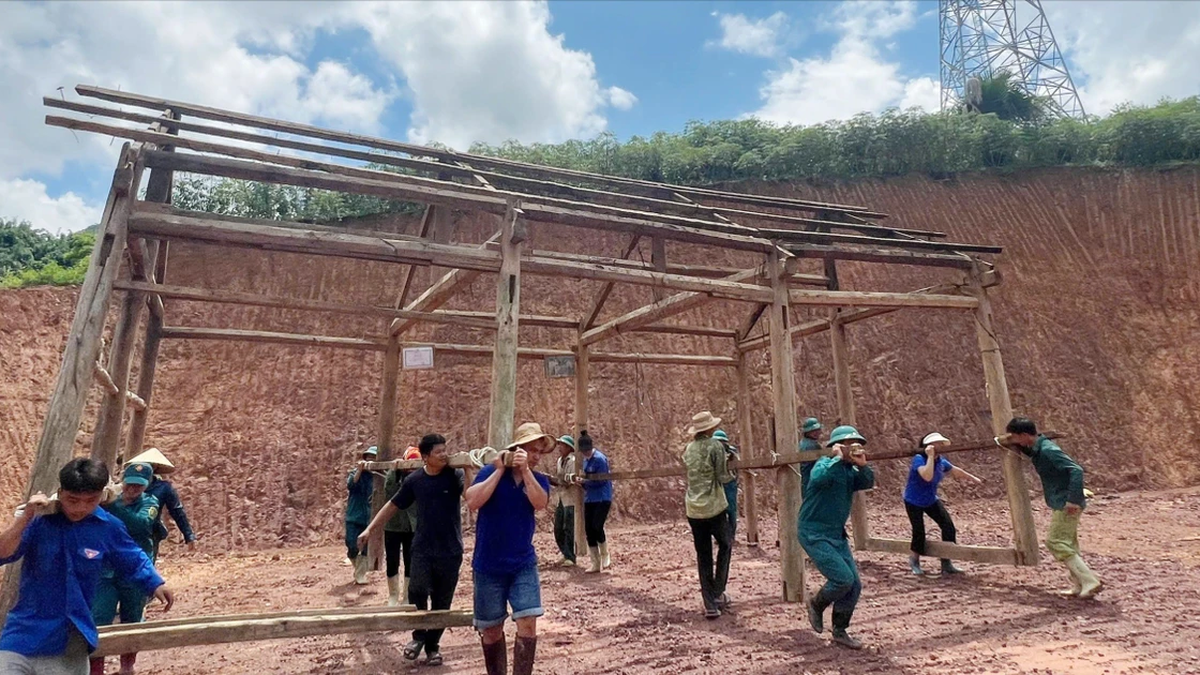














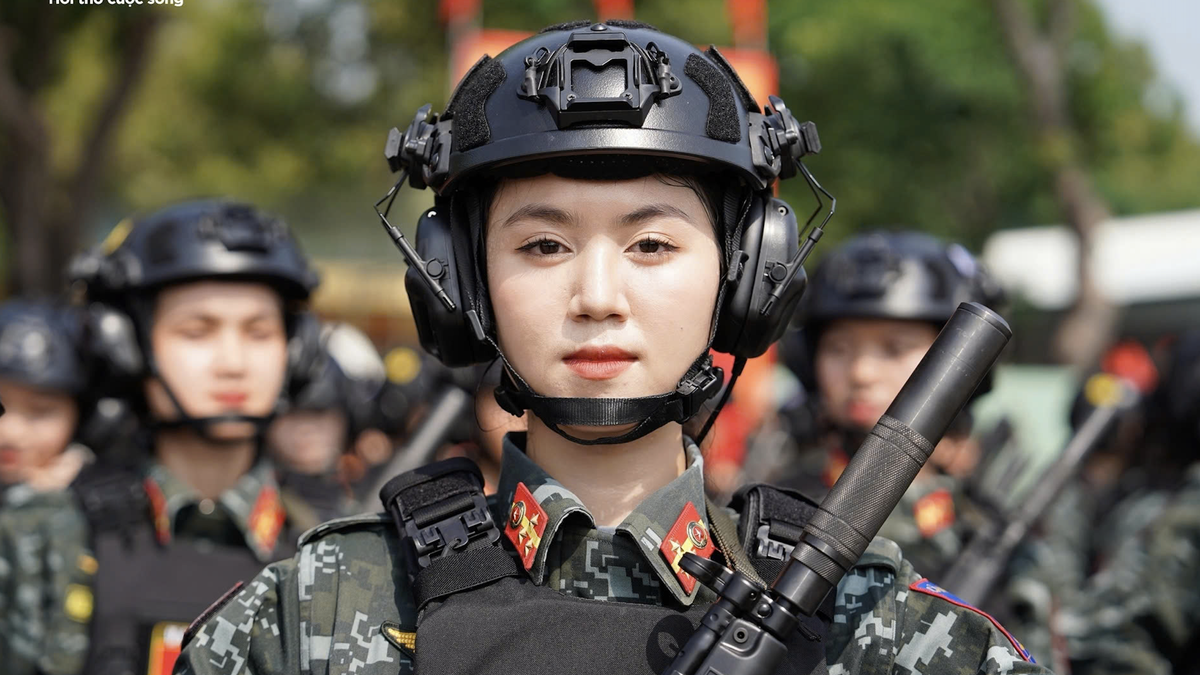




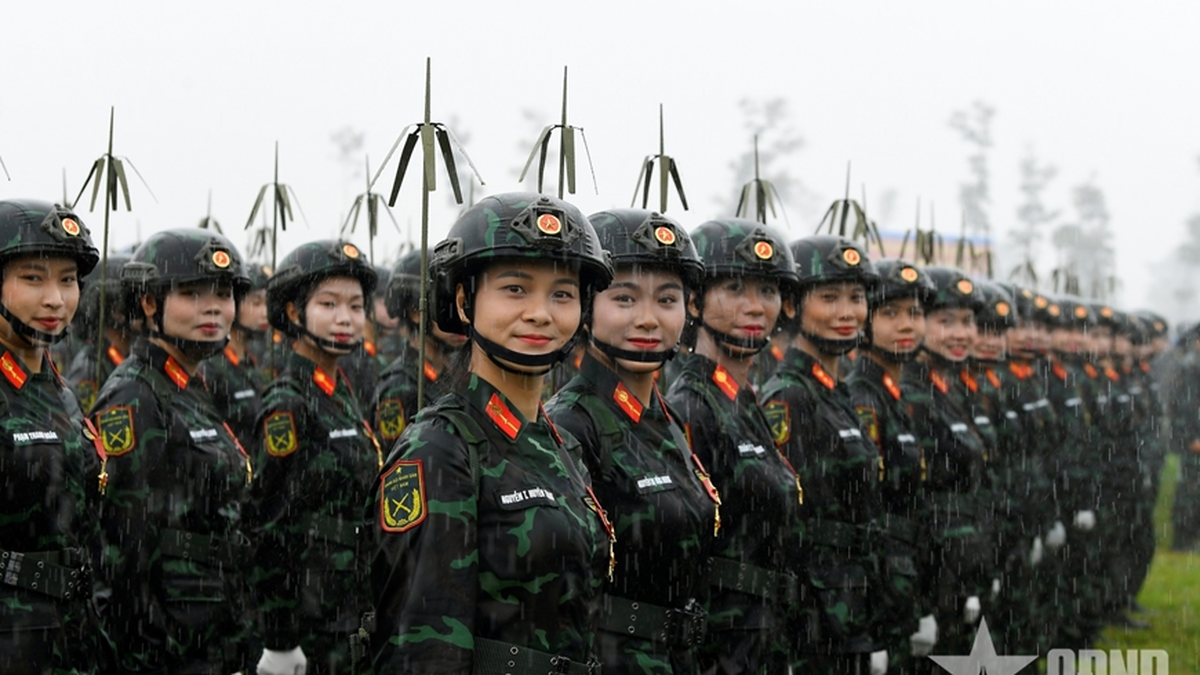


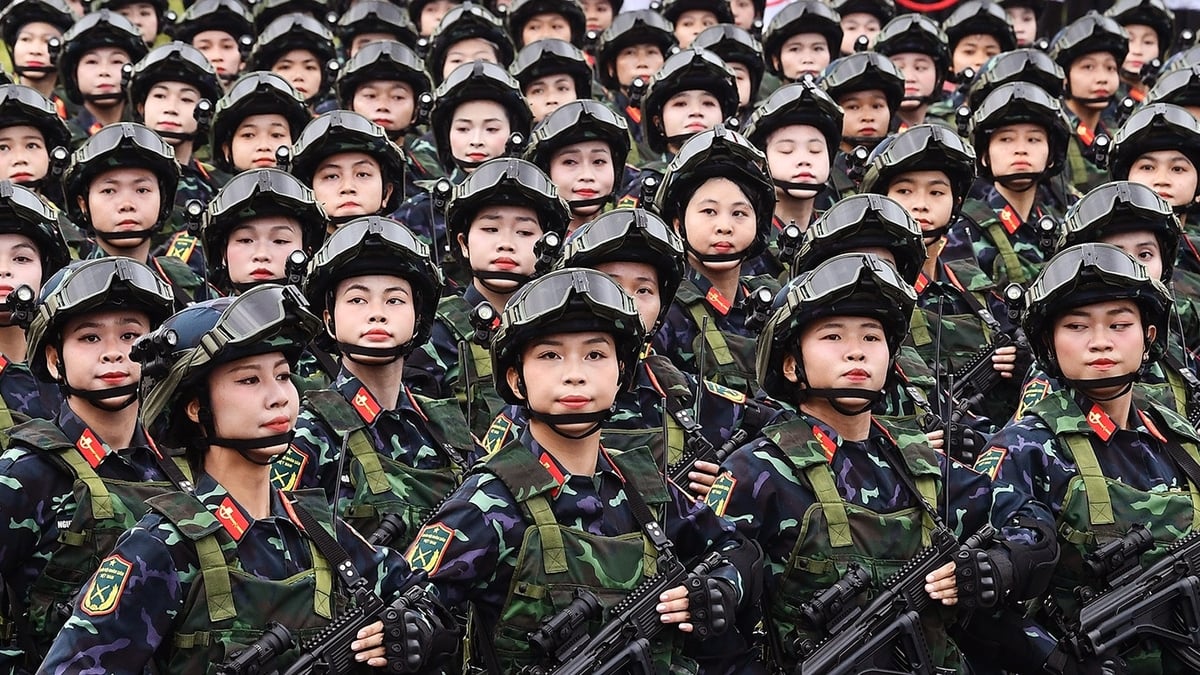
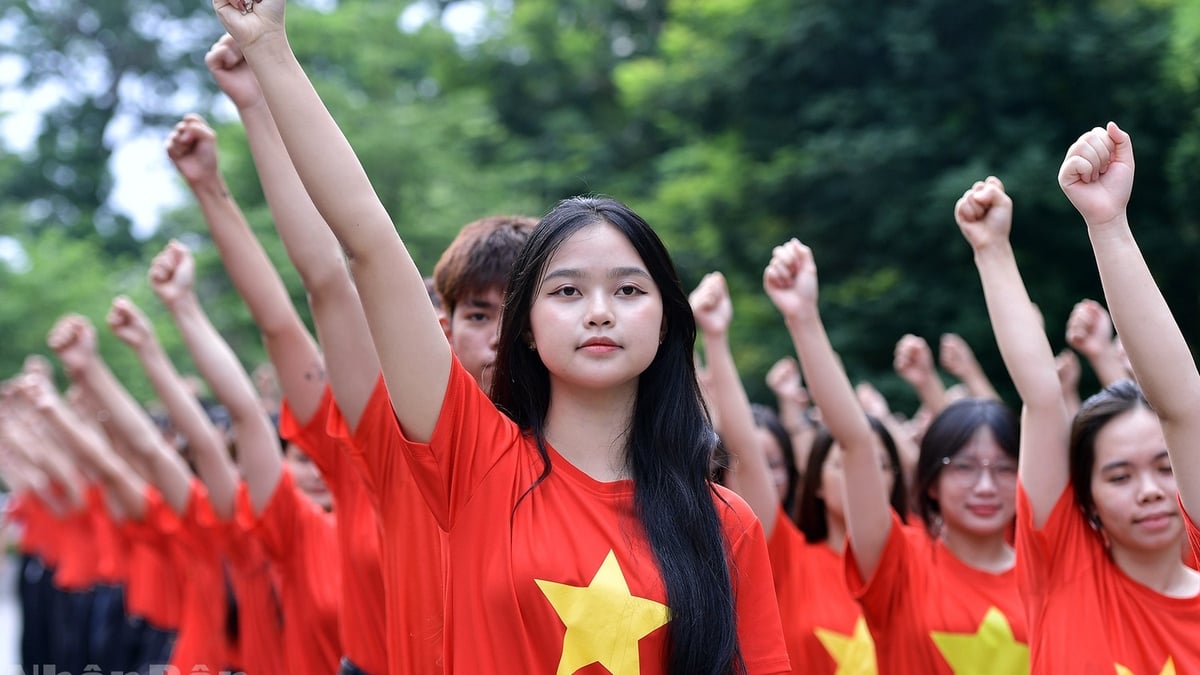
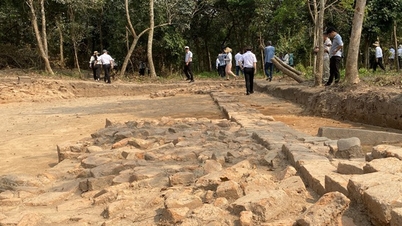






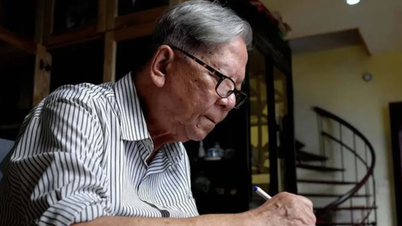












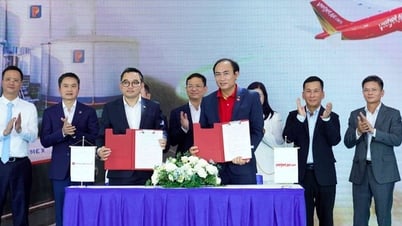


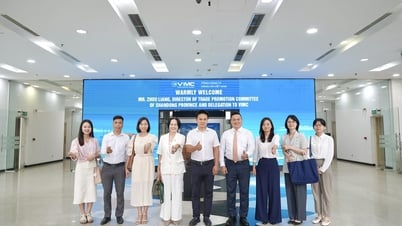

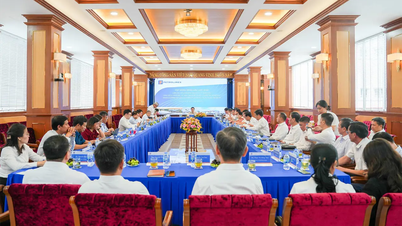






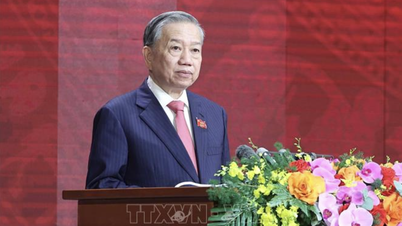



![[Photo] Party and State leaders visit President Ho Chi Minh's Mausoleum and offer incense to commemorate Heroes and Martyrs](https://vphoto.vietnam.vn/thumb/402x226/vietnam/resource/IMAGE/2025/8/17/ca4f4b61522f4945b3715b12ee1ac46c)
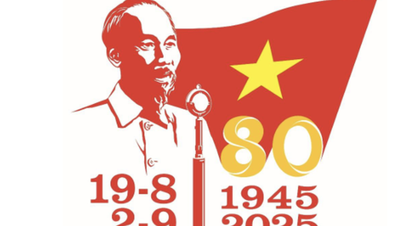

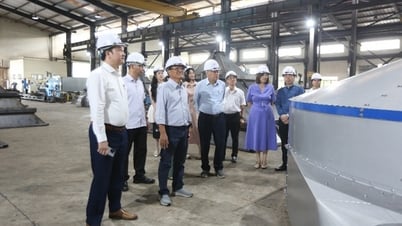

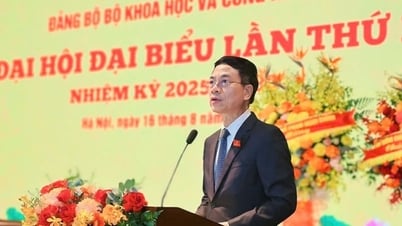

























Comment (0)